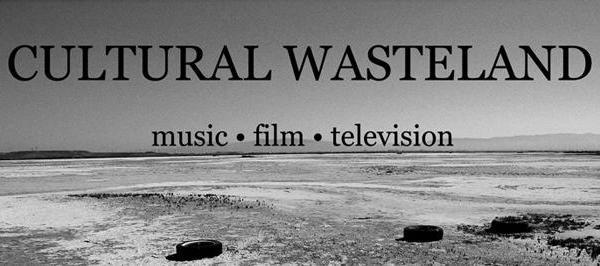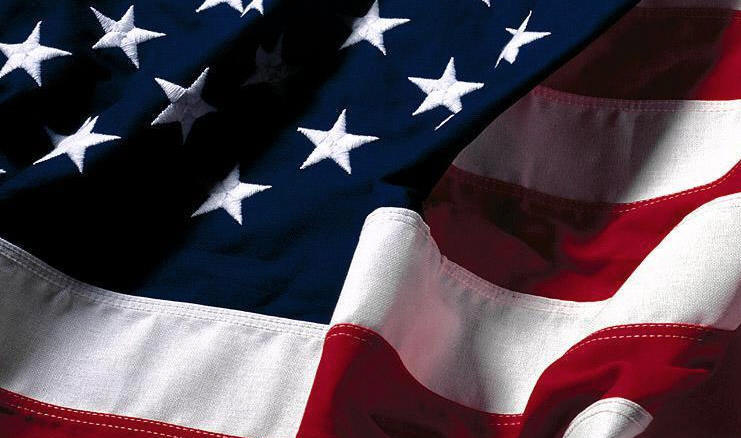Firstly may I apologise for the paucity of updates in recent weeks. I was holidaying in America and Canada for most of this period. Normal service will resume from this point on.

Now that
Six Feet Under,
The Sopranos,
The Wire and
The West Wing are over, there’s a gaping void in American television where a real candidate for “best television show ever” should be.
J.J. Abrams, America’s most irritatingly named, overrated fabulist, would like to fill that void. Most people who recognise the name know Abrams for
Lost - every slack-jawed, pseudo-intellectual phillistine’s favourite show. Abrams has done little of note since Lost, with two unwelcome entries into the world of film - the distinctly underwhelming
MI:3 (these missions are clearly not impossible enough if we've had 3 installments) and the sub-
Godzilla, headache inducing
Cloverfield.
Abrams new science-fiction series,
Fringe, premiered in the US on August 8th. It is set to hit British screens soon, on Sky One. The show unites what we are to assume Abrams intends as wildly opposed characters – an FBI agent, her sullen boss, and a young, troubled genius - who tackle something called “The Pattern.” The Pattern is a series of seemingly unrelated strange happenings, that will obviously align into some inter-connected pattern by the season’s end. We are informed that they are caused by people toying with the so-called “fringe sciences”: pseudo-sciences like telepathy, reanimation, cryogenics etc.
The 80 minute, $10m pilot centres around a terrorist attack on a transatlantic flight involving some kind of weaponized biological agent that makes people’s skin go juicy, then transparent, and then kills them. Viewers are invited to accept many implausible scenarios - the Department of Homeland Security allows a young F.B.I. agent to investigate a case almost single-handedly that involves the aforementioned weapon. She chases after wild leads on a whim and cuts through red tape, waving the Patriot Act about with practically no supervision or backup. Given that it’s a science-fiction series, viewers will be more than willing to suspend disbelief for all the vaguely paranormal, pseudo-scientific elements, but the naïve depiction of the bureaucracies becomes irksome quickly. They are presented fallaciously as bottomless pits of manpower, resources and financial backing, a poorly-conceived crutch for the fantastical plot to lean on. Some political context and exposition would be welcome, but perhaps this will follow in future episodes.
The cast is predictably, uniformly attractive. Anna Torv, an Australian, plays Special Agent Olivia Dunham, a former investigator for the Marines now assigned to interagency liaison work. Other than her accent, which appears to be stuck somewhere in the middle of the Atlantic, her performance is competent enough. Furthermore, she looks great in her underwear, which is convenient because the plot calls for her spend half her time in it. Joshua Jackson, as the science genius Peter Bishop, isn’t stretched much, as he’s simply asked to play his character from Dawson’s Creek, only less thick, and slightly more angry. Dunham’s boss is played by the shrewish, but handsome Lance Reddick. Last seen as Lt. Cedric Daniels in
The Wire, the pilot episode of Fringe seemed to employ him in much a similar role (essentially using his piercing stare to cut down those under his command), except embodying a far lesser character, with a far inferior script.
Fringe is far from awful, but it is incredibly dull. You can only assume that most of the $10m budget was spent on cocaine for Mr. Abrams, because they certainly didn’t get their money’s worth from the special effects or the “star” cast. The plot is more pedestrian and linear than exciting and labyrinthine, planting few seeds that could invite viewers to return for future episodes. The interplay between the characters grows tedious quickly, and you can easily plot the course of the relationships from their initial dalliances and conflicts. Sadly, the most inventive, original thing about
Fringe is the way in which they employ the intertitles explaining where the action has shifted to.
In a world with a million possible distractions, and several far superior shows (for instance
The X-Files, which Abrams has so obviously plagiarised), Fringe really doesn’t warrant your attention. Unless of course you’re are a big fan of
Lost. In other words – a complete moron.
JAMES MORGAN(Published in a
heavily edited form in the Epigram, 1 Oct, Issue 204).
 Don’t be surprised if the hosts are even more afflicted with abject cretinism than Jeremy Clarkson, but without half his talent for sarcasm.
Don’t be surprised if the hosts are even more afflicted with abject cretinism than Jeremy Clarkson, but without half his talent for sarcasm. I imagine the US remake will be about as subtle as a brick to the face, and probably half as funny.
I imagine the US remake will be about as subtle as a brick to the face, and probably half as funny.

 Now that Six Feet Under, The Sopranos, The Wire and The West Wing are over, there’s a gaping void in American television where a real candidate for “best television show ever” should be.
Now that Six Feet Under, The Sopranos, The Wire and The West Wing are over, there’s a gaping void in American television where a real candidate for “best television show ever” should be. 









